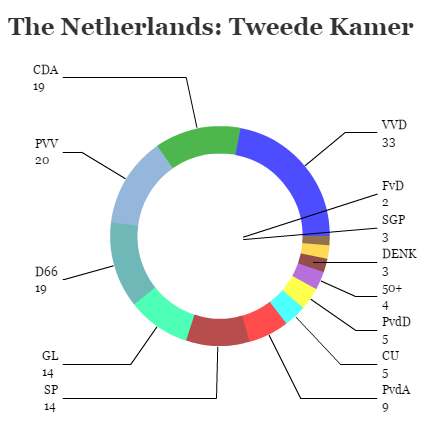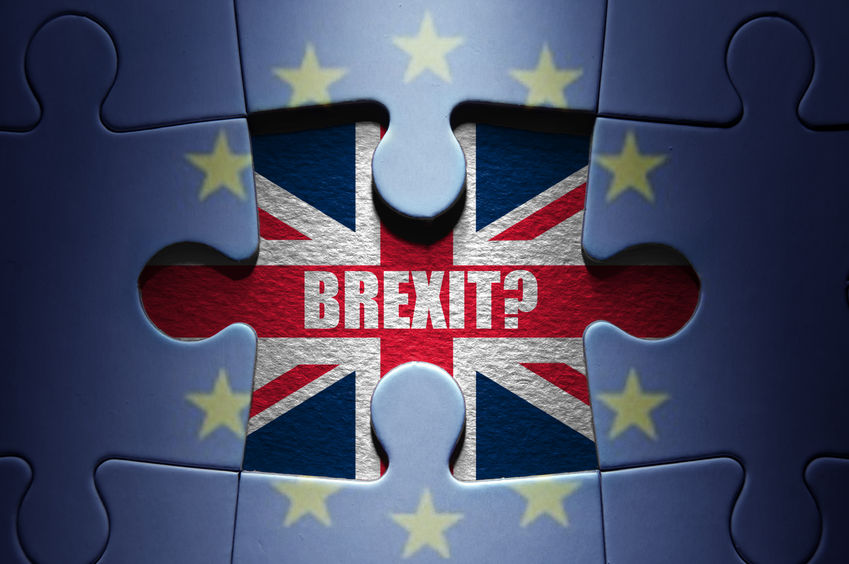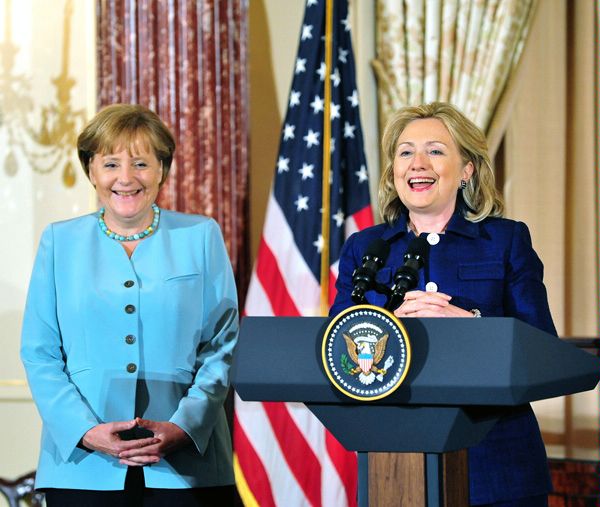
Every piece of election-related data we have suggests Emmanuel Macron will win this weekend’s presidential runoff in France and, by the standards of most political contests, it will be a landslide — perhaps a victory of more than 20%.![]()
But it comes with a sense of disquiet, even among Macron’s supporters.
Part of it is lingering anxiety from last June’s Brexit referendum and Donald Trump’s presidential election last November. That’s understandable. But the polls are far more slanted in Macron’s favor than they ever were for ‘Remain’ or for Hillary Clinton.
Polls haven’t been enough to stop niggling doubts that Marine Le Pen might somehow win just enough center-right voters, while just enough leftist voters are too disillusioned to vote for the aggressively centrist Macron, to score an upset victory. But pluralities of the supporters of third-placed conservative former prime minister François Fillon and fourth-placed hard-left firebrand Jean-Luc Mélenchon alike say they will support Macron in the July 7 runoff.
* * * * *
RELATED: Why France’s election result is still more of the same
* * * * *
Macron’s campaign for the last week, too, has been somewhat tone-deaf. Of course, a candidate who comes from the political and financial elite might have rethought holding an election-night party at a posh Paris bistro. Le Pen crashed his campaign stop last week at a Whirlpool factory, forcing a sheepish Macron to spend an hour talking to working-class voters. Macron, ultimately, spent far more time trying to engage the workers than Le Pen, who posed for some selfies. But the stunt worked — and made Macron look defensive.
There, too, is a sense that Le Pen’s endorsement from right-wing presidential contender Nicolas Dupont-Aignan and a handful of stragglers on the French right (along with Mélenchon’s refusal to endorse Macron) lacks the urgency of the broad ‘republican front’ that met the shock 2002 French runoff between Jacques Chirac and Le Pen’s father, Jean-Marie Le Pen.
So what gives?
2022. Continue reading Le Pen’s moment is now, not in 2022 — but she’s already blown it





